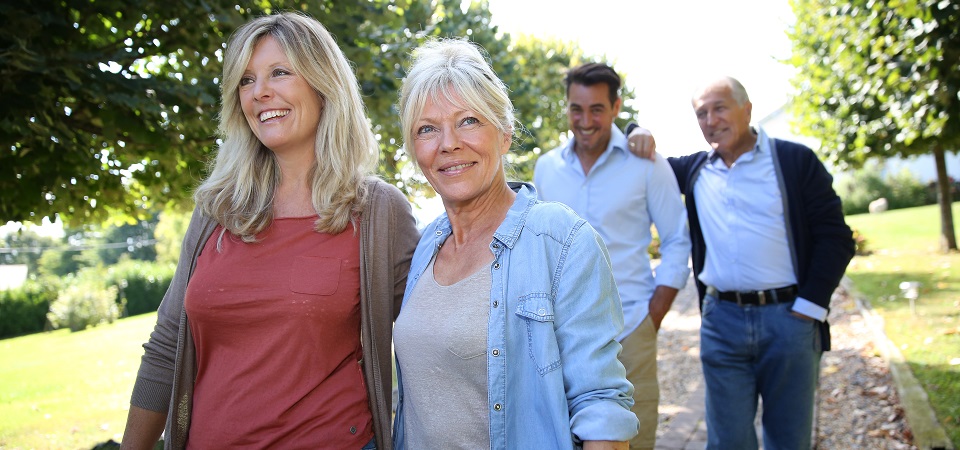So-called ‘blended families’ – or step-families – are increasingly common, however inheritance law isn’t reflective of these modern-day family norms, and as a result, inheritance issues can arise following the death of a stepparent or stepsibling during what is already a difficult time.
Here, Katie Wright, a solicitor at WHN Solicitors who specialises in contentious probate matters, offers inheritance guidance for those in a blended family.
Inheritance issues when there is a will
Keep in mind that a will that leaves assets to ‘my children’ or to ‘my brothers and sisters’ does not automatically include stepchildren and stepsiblings, unless it specifies that they are to be included, so if you would like your stepchildren or step siblings to inherit from your estate, it is important that your will specifically names them as beneficiaries.
Another typical issue is where a deceased person has left all their estate to their spouse, whom is not the parent of their children, believing the spouse will leave their estate to the deceased’s children upon their death.
Unfortunately, there is no guarantee this would happen. The spouse may meet somebody else and remarry, or simply choose to leave their estate to somebody else.
It is therefore vital to take expert advice when writing a will to ensure those that you want to benefit from your estate, ultimately do benefit.
What if there is no will?
If a person dies without leaving a will, their estate will fall under the intestacy rules, which are governed by the Administration of Estates Act 1925.
The rules provide for the following hierarchy of beneficiaries, with no provision made for stepchildren of the deceased.
- Surviving spouse or civil partner (with one half of the estate over £270,000 to be divided equally between any children – blood or adopted – of the deceased)
- The children (blood or adopted) of the deceased if there is no spouse or civil partner
- The parents of the deceased
- Siblings of the deceased (full siblings coming before half siblings)
- Grandparents of the deceased
- Aunts and uncles
- Cousins of the deceased
- If no living relatives, the crown
How a stepchild can make a claim when a stepparent has died intestate
There is only one option available to stepchildren who have either been left out of a will, or their stepparent died intestate, which is to bring a claim under the Inheritance (Provision for Family and Dependants) Act 1975.
To be eligible to bring a successful claim under the act, a stepchild must be able to demonstrate two key factors:
- The stepchild must have been treated as a child of the family by a married stepparent or was financially dependent upon the stepparent.
- Either no or inadequate provision has been made in the will of the deceased (or there is no will).
Whether a claim is likely to be successful will depends upon:
- The age of the stepchild
- The size of the estate
- The financial needs of any other beneficiaries/claimants
- The needs of the stepchild including any special needs
- Any future needs of the stepchild
- The level of dependency the stepchild had on the deceased
Do keep in mind that a claim under the Inheritance (Provision of Family and Dependants) Act 1975 must be brought within six months of the date the grant of probate was obtained, so time is very much of the essence in these claims and it is urged you seek the advice of a solicitor without delay.
Katie Wright is a solicitor based at WHN’s Clitheroe office. Katie specialises in litigation, advising on all types of personal injury claims, contentious probate, possession matters and settlement agreements, while she also specialises in contractual disputes and debt recovery. To contact Katie, call her on 01200 408300 or email katie.wright@whnsolicitors.co.uk













